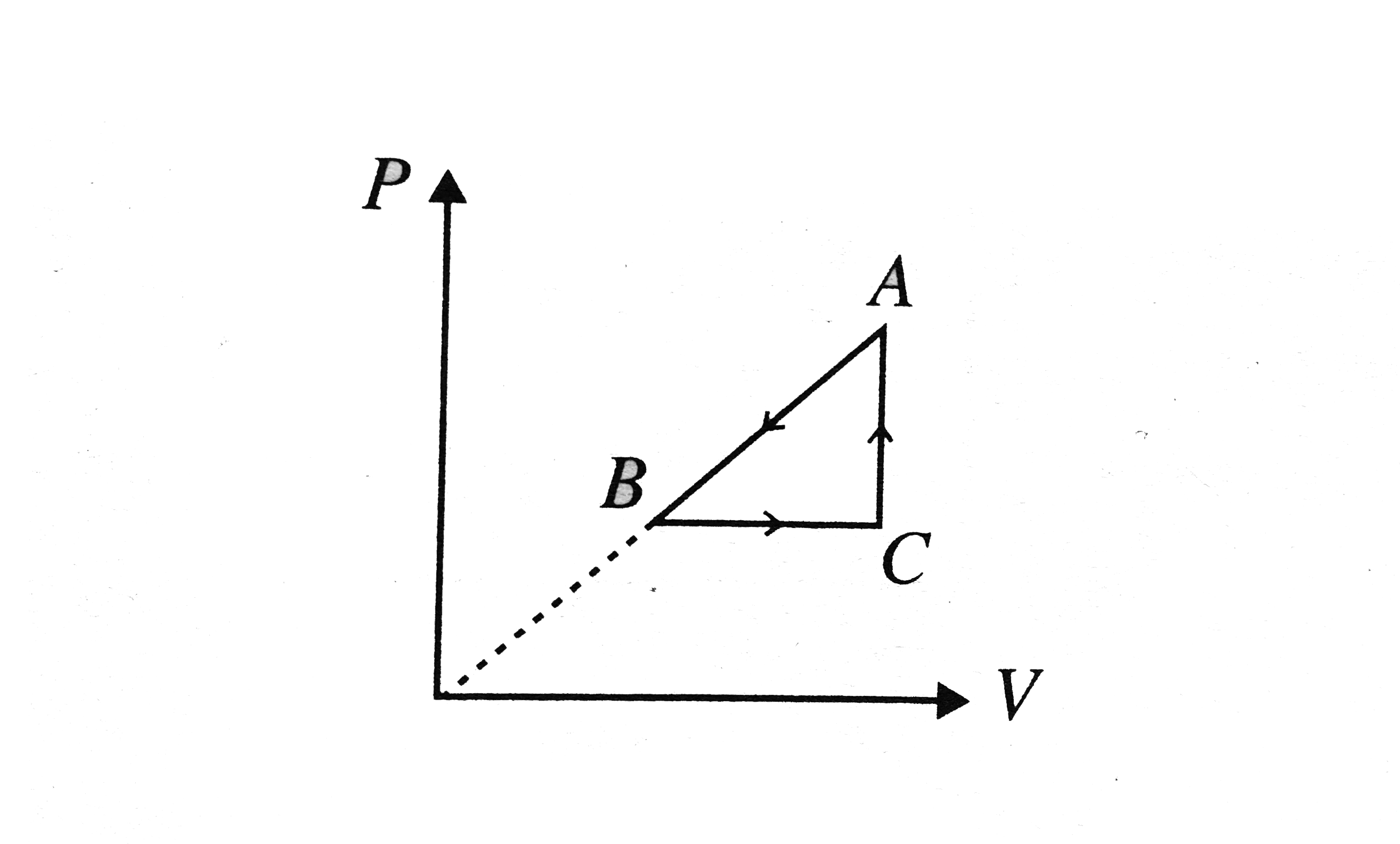In an exothermic reaction, heat is evolved and system loses heat to the surroundings . For such system.
(i) will be negative (ii) will be positive
(iii) will be positive
(iv) will be negative
(i) , (ii)
(iii), (iv)
(i) &(iv)
(ii) & (iii)
The correct Answer is:C
Topper's Solved these Questions
- THERMODYNAMICS BOOK - SURA PUBLICATIONCHAPTER - THERMODYNAMICS EXERCISE - ADDITIONAL SHORT ANSWERS
46 Videos
- THERMODYNAMICS BOOK - SURA PUBLICATIONCHAPTER - THERMODYNAMICS EXERCISE - ADDITIONAL LONG ANSWERS
12 Videos
- THERMODYNAMICS BOOK - SURA PUBLICATIONCHAPTER - THERMODYNAMICS EXERCISE - II.WRITE BRIEF ANSWER TO THE FOLLOWING QUESTIONS
52 Videos
- SURAS. MODEL QUESTION PAPER - 2 BOOK - SURA PUBLICATIONCHAPTER - SURAS. MODEL QUESTION PAPER - 2 EXERCISE - Part - D (Answer all five questions:)
15 Videos
Similar Questions
Knowledge Check
In an exothermic reaction heat is evolved and system loses heat to the surrounding. For such system
Aqp will be negativeBΔrH will be negativeC_(p)will be positiveDΔrH will be positiveIn an exothermic reaction, heat is evolved and system loses heat to the surrounding.For such system
Aqp will be negativeBΔrH will be zeroCqp will be positiveDΔrH will be positiveIn an exothermic reaction heat is evolved and system loses heat to the surrounding. For such system
AqP will be negativeBΔrH will be negativeCqp will be positiveDΔrH will be positive
Under what conditions will a reaction be spontaneous if
(i) both ΔH and ΔS are positive?
(ii) both ΔH and ΔS are negative?
View SolutionWhich of the following are state functions?
(i)q (ii)heat capacity (iii) specific heat capacity (iv) ΔrH∘ (v) w.
View SolutionIn a exothermic reaction, heat is evolved , and system losses heat to the surrounding . For such system:
View SolutionIf for a reaction ΔH is negative and ΔS is positive then the reaction is
View SolutionTwo identical charges +Q are kept fixed some distance apart.A small particles P with charge q is placed midway between them . If P is given a small displacement Δ ,it will undergo simple harmonic motion if
(i) q is positive and Δ is along the line joining the charges
(ii) q is positive and Δ is perpendicular to the line joining the charges
(iii) q is negative and Δ is perpendicular to the line joining the charges
(iv) q is positive and Δ is along the line joining the charges
View Solution

